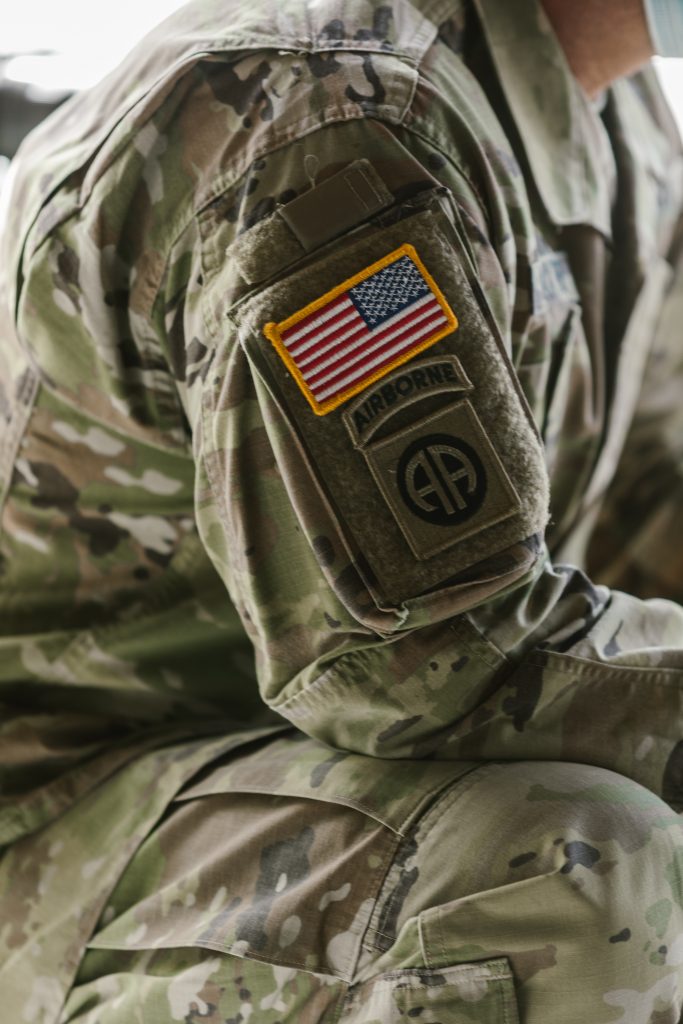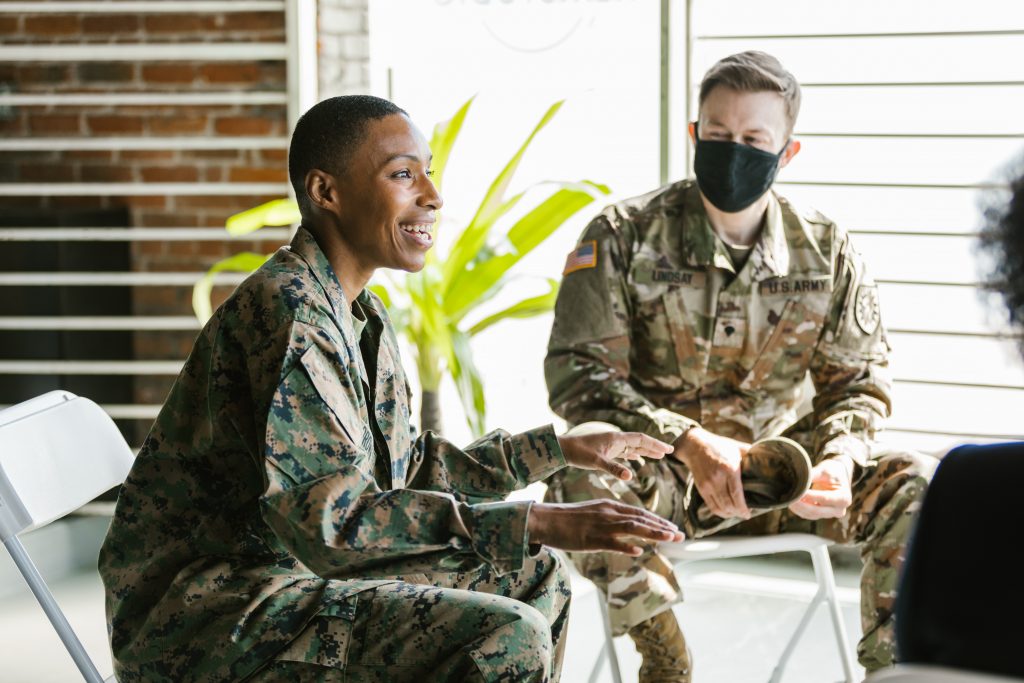LEARN SOMETHING NEW
Therapy Blog for Orem, Spanish Fork & South Jordan
How Counseling Helps Veterans
Counseling is For Veterans, Too
If you are a military veteran, you might feel intimidated by the thought of finding counseling and resources for your mental health. Sure, you may have heard a lot about mental health resources. In fact, you might even live near the VA Hospital in Salt Lake. However, you might not know where to go or who to talk to to get started. It might also seem like seeking counseling and support is stigmatized, and you don’t know how to overcome that on your own. (Related article: Stigmas). 
First, you should know you are not alone. Research shows that over one third of combat vets have serious mental health struggles that can impact every aspect of their lives, like depression and PTSD (Related article: Depression Counseling). However, research also shows that less than half of those vets seek and find help for these mental health challenges (Source).
You shouldn’t have to suffer. You deserve to receive the support you need. Today, you will learn what you can do and where to start when it comes to taking care of your mental health post-military service. (Related article: How to Talk to Someone in a Crisis).
Veterans and Mental Health
Like I mentioned earlier, you have probably heard about resources that are available to help with your mental health. However, it can feel overwhelming to try and understand what you can do to seek help. Plus, how do you know if you even need help in the first place? There are a few aspects of seeking mental health support as a vet that can make things challenging. Let’s talk about them. (Related article: Emotions 101).
The VA is a well-known resource for veteran mental health assistance. Research shows that only 60% of veterans that have served in Iraq or Afghanistan are currently enrolled to receive benefits from the VA (Source). As the spouse of a combat vet, I was surprised to find that veterans are not automatically enrolled in the VA healthcare system during outprocessing. The VA can be a great place for you to begin when it comes to finding support. However, the VA is not the only source of help for veterans like you. Let’s talk about other ways to find the support you need.
Where to Begin
Knowing a lot about mental health resources is great. But, how do you know if you need help in the first place? Let’s say you can tell something is wrong. Maybe you are overwhelmed with stress and you can’t figure out why. Or, maybe you are struggling to sleep or complete your daily tasks like you normally would. Or it might even seem like your relationships aren’t connecting like they used to. (Related article: Learning How to Cope-Individual Therapy).
Research has shown that all of these feelings can all be signs that you may need extra support for your mental health post-military service (Source). Many veterans struggle with depression, anxiety, PTSD, and other frustrating mental health problems in connection with military service. Luckily, there are many different ways you can seek and receive the help you need.
You Don’t Have to Go it Alone
Connecting with other veterans who understand what you are going through can be a crucial resource when it comes to your mental health. It might seem like your civilian family members and friends don’t understand what you are going through. They might want to help, but it seems like they don’t even understand the vocabulary of your military experiences, much less the context of your experiences. That’s where support groups come in. At a support group, you will meet peers who have also served in the military. They understand your struggles first-hand. These peers can help you find the validation and understanding you need to heal. (Related article: Anxiety Help: Connecting with Others). 
To find a support group, you can look into different mental health organizations and non-profits. Some examples include the VFW, the VA or Veteran’s Centers in Murray or Provo, and the Wounded Warrior Project.
Counseling Makes a Difference
Many therapists have additional training and experience to understand veterans like you. You deserve to have someone you can safely talk to about these challenges after you leave the military. As the spouse of a combat vet, I appreciate the support therapists have offered given family. (Related article: What Happens in Counseling?)
Counseling can help you tackle service-connected depression, anxiety, PTSD, and more with evidence-based and effective mental health treatment. Ready to find help? Schedule a counseling appointment with us today in Orem, South Jordan, or Spanish Fork.
Written by Lauren Adkins
